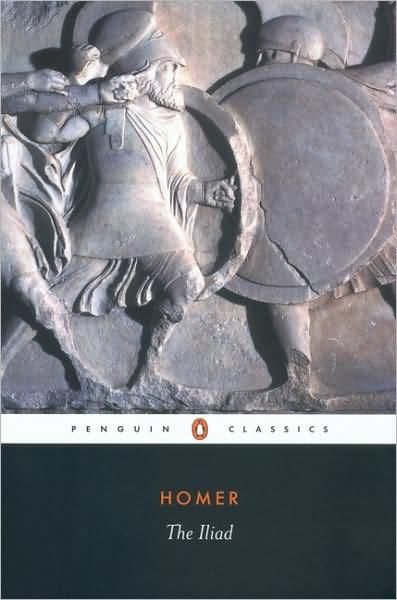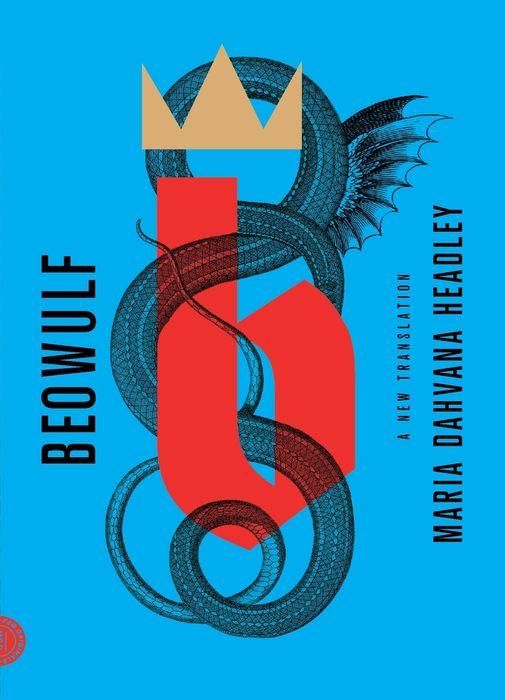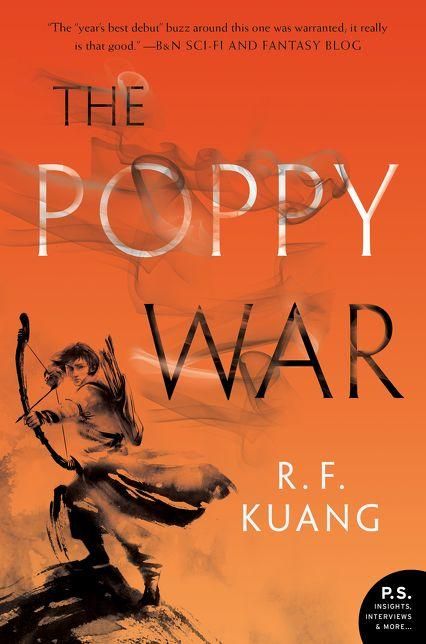Mythic, religious, and folkloric traditions directly influence Fantasy as a genre. All three have stories that show magic and war working hand-in-hand. Even in fantastical stories, a culture’s relationship to war appears again and again. Magic, myth, and monsters become tools of war in stories with fantastical elements over time. It is unsurprising, then, that fantasy series are still primarily about war. Although a complete accounting of the global impact of magical wars have defined many academic’s careers, here are some of the western basics. Let’s start by looking at the long tradition of epic poetry, a genre known for its love of magical battles, fights, and wars of all kinds. A recent public-facing humanities project led combat veterans through readings of Homer’s Iliad and Odyssey to unpack their personal experiences. The project shows the ways the epic, filled with fantastical elements, still speaks to modern experiences of war. Further, even if Homer’s god-filled epics do not inspire every fantasy writer to include war, there are still all the other fantastical war-focused literature to contend with. It is no surprise to me that J. R. R. Tolkien, a man who championed the epic, used that inspiration in his fantasy series, The Lord of The Rings. Both the fantastical and warlike elements from Beowulf influence the depictions of war in his series. Even magical creatures like elves are armed with bows and arrows and are not exempt from warfare in the novel. Sure, fantasy sub-genres like cozy fantasy, feel-good fantasy, and fantasy romance books exist and are wildly growing in popularity. However, it is mostly in response to people wanting to read a fantasy book that does not contain war. The literary tradition of magic and epic battles and even more epic wars is strong. You may have noticed a majority of the works I mentioned come from white cis male authors. The epic battles and epic poetry draws on tend to be male-led, with male political interests at the center of the wars, and men mythologizing about the conflicts after. Centering war-based nation-building in fantasy worlds is not exclusively the domain of white cis men, but you cannot ignore the pattern in some of the best-selling authors in the genre. People, including myself, like political intrigue in their fantasy novels. So it is fair to say wanting to write and read about war in fantasy novels does not follow the gender binary. Plenty of admittedly less popular fantasy series about war are written by people who are not white, cis, and/or male. It is interesting to see characters outwit one another. Tying battles of wit to lives on the battlefield completely changes the stakes involved with the situations.


